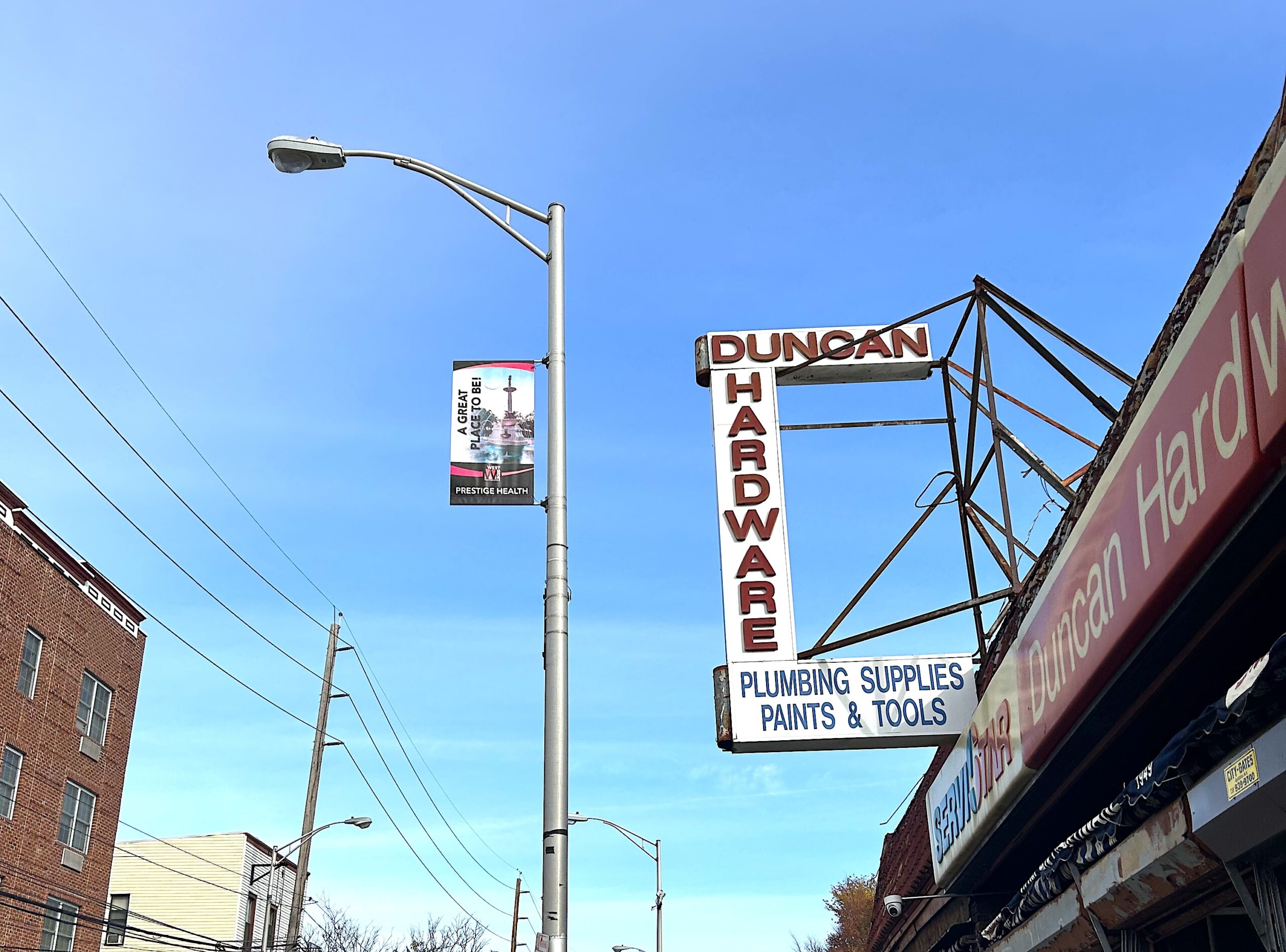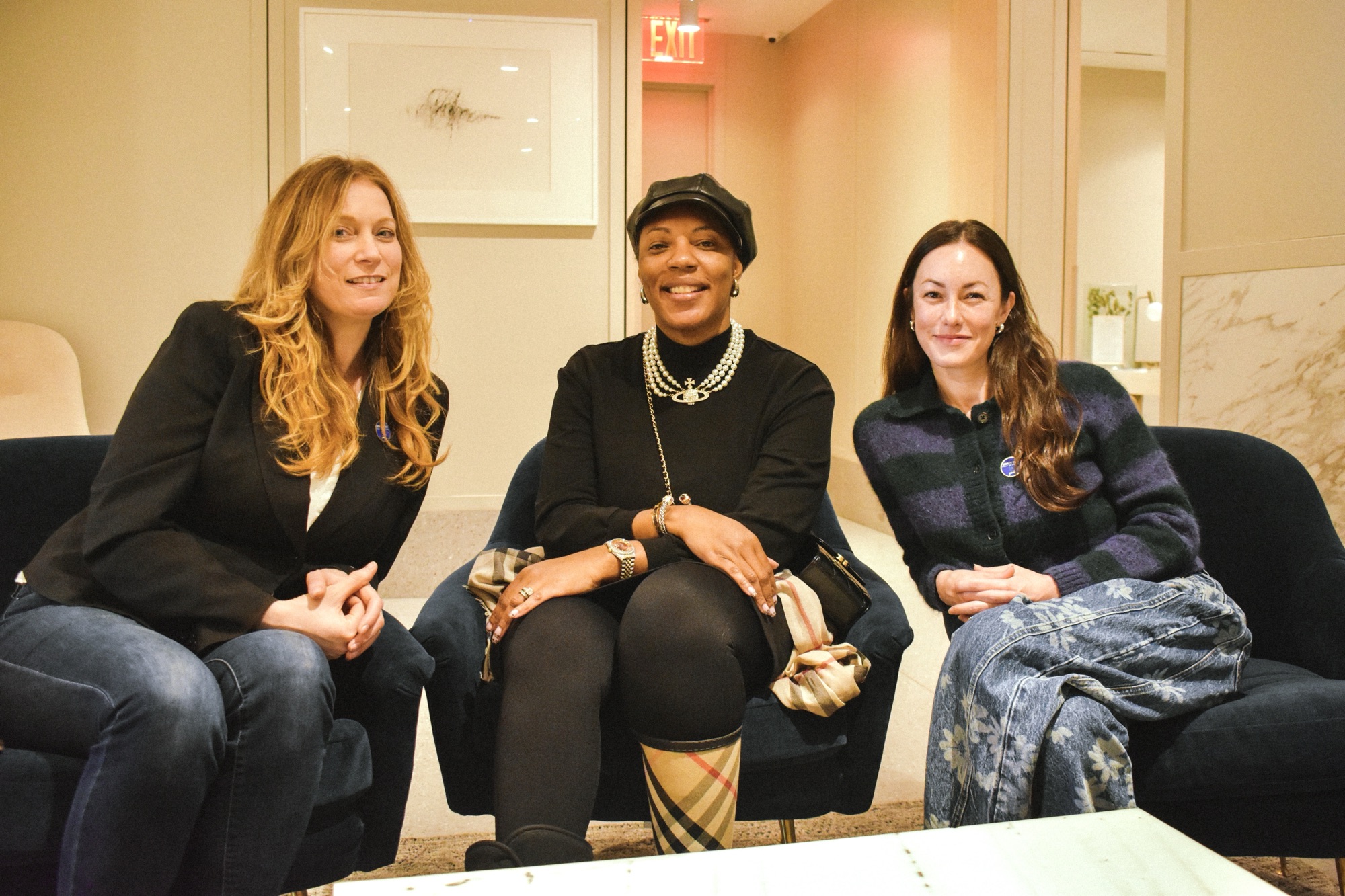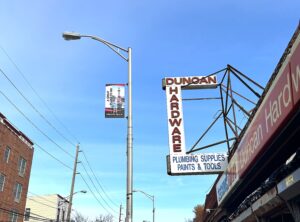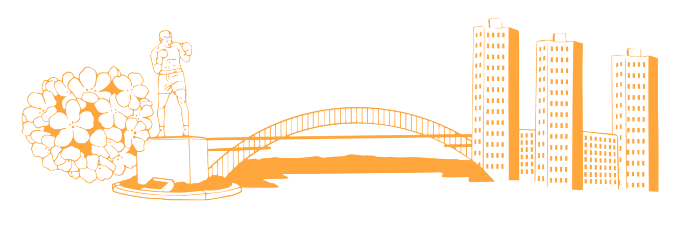Photo by staff illustrator Sakura Siegel.
“[Esto está] muy mal. Ya todos están muy cansados de la situación en Cuba.”
Translation: [It’s] very bad. Everyone is exhausted about the situation in Cuba.
On Sunday, July 11, chaos started after calls for Cuban President Miguel Diaz-Canel to step down in frustrations over shortages of basic goods, ignored civil liberties and the government’s poor handling of the worsening Covid-19 outbreak, according to CNN and Reuters.
Thousands hit the streets of Cuba shouting “freedom” from the dictatorship that has many Cubans “exhausted.”
The country has been facing food and medical shortages where many residents are forced to spend hours in long lines to obtain basic necessities, while many are under lockdown without work, CNN reported.
A country once thriving in the tourism industry has now been ravaged by the pandemic, causing their economy to plummet. And their people took to the streets to make change.
A current Cuban resident and her boyfriend, who did not want to provide their names for security reasons, shared their thoughts with Slice of Culture. We’re calling her, Karla, and him, Sho.
Karla, of Havana, Cuba, is hoping her country’s situation gets better. These anti-government demonstrations seem to be more extreme than the ones before.
“Esta vez parece más grande que aquella vez de 1994 existió Fidel,” she said.
Translation: This time it seems bigger than the previous protest. In 1994, Fidel was still alive.
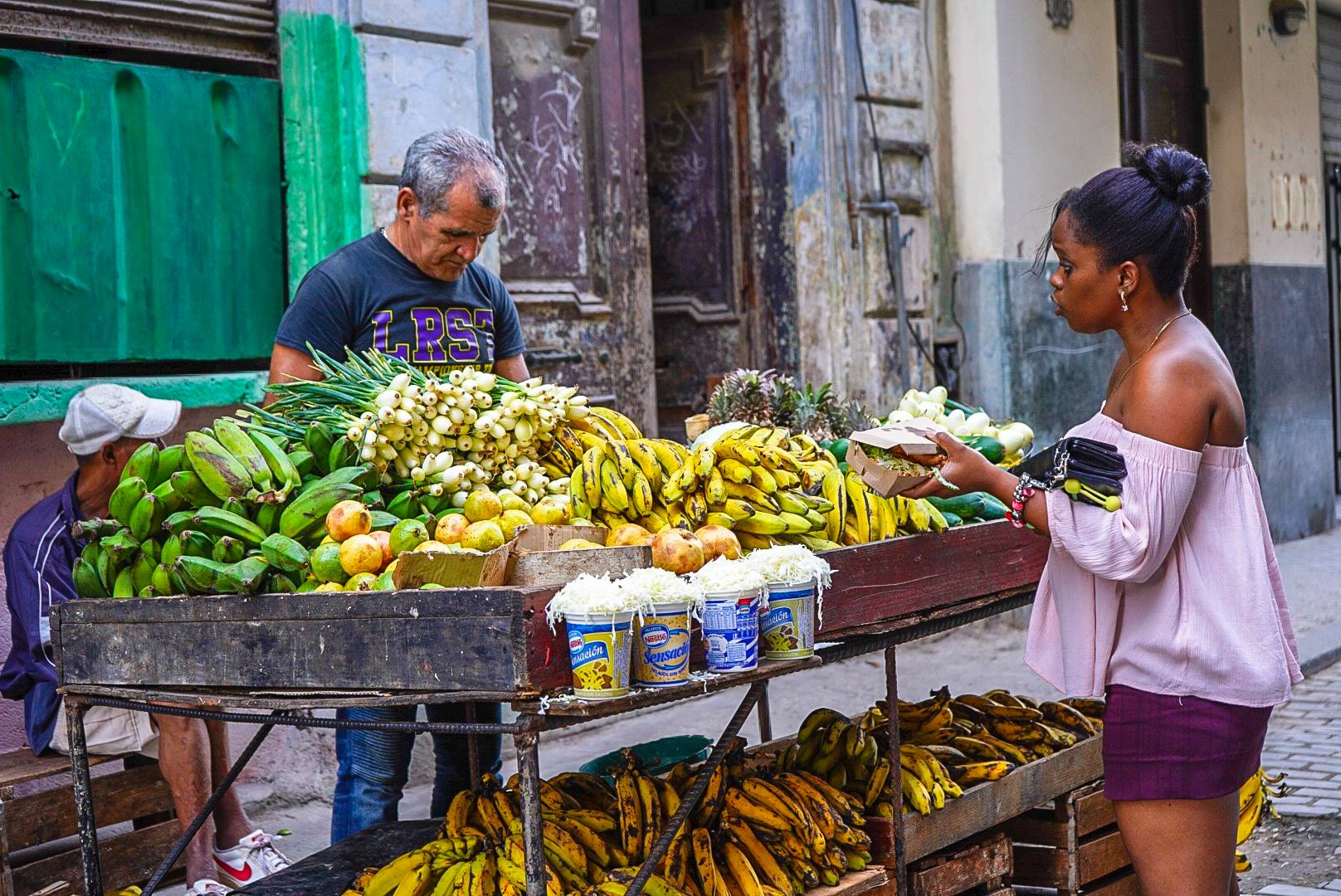
More than 100 people were arrested or missing, and one person died during clashes with police on Monday, CNN reported per Cuba’s Ministry of Interior. CNN reporters added that these are the “largest protests on the island in decades.”
The government’s response to the protests involved sending anti-riot forces and communist party militants to attempt to regain control of the people. Authorities also cut the internet access in attempts to contain the demonstrations and stop the news from spreading across the world. According to civil rights activists, this is an old tactic used by the regime.
But Cuba’s attempt to stop the spread of protests nationally failed. Instead the protest went global.
Thousands of Cubans took to the streets of major cities such as Miami, Tampa, Houston and even North Bergen to show their support for the Cuban people.
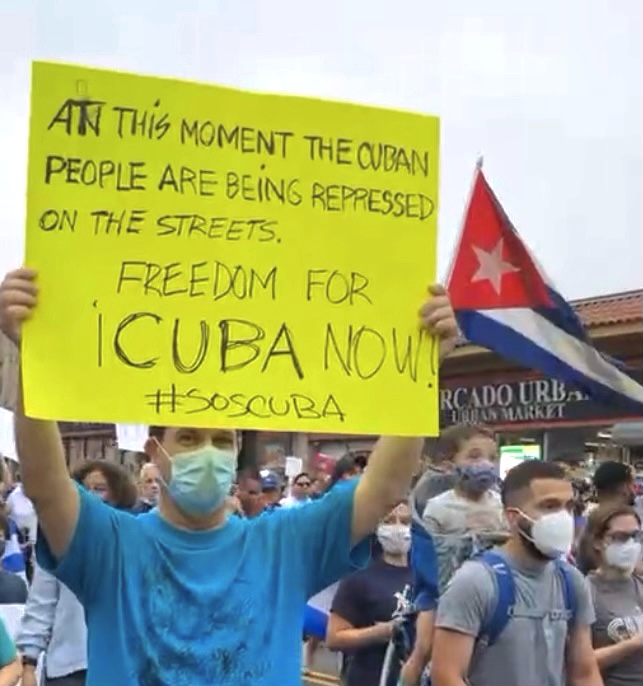
Meanwhile, Sho lives in Japan. He returned from Cuba last September.
Karla stayed in Cuba and was working where positive cases of Covid-19 were increasing, which is why the outburst of demonstrations surprised her because of the spike in cases.
As of Friday, the island nation recorded 6,080 new positive Covid-19 cases with a total of 256,607.
For Karla, like many other Cubans, she just wants the chaos to end and the peoples’ demands to be met.
“Espero que se mejore la situación de Cuba pero tampoco quiero que ningún país colonice a Cuba.
Translation: “I hope that the situation in Cuba gets better. But i also don’t want any other country colonizing Cuba.”
Sho provided Slice of Culture a screenshot of what Karla’s mother had to say about the situation:
“Yo creo que el gobierno tiene que hacer algo a favor del pueblo. Esto de permitir que la policía de golpes y mate a las personas no es lo mejor. Aunque también es verdad que los que fueron a las manifestaciones fueron los que empezaron a tirar piedras y a herir a los policías. Yo lo único que siento es ansiedad y miedo, nunca había visto a mi Cuba asi.”
Translation: “I think that the government needs to do something for the people, this thing about allowing the police to hit and kill people is not a good thing although it is true that those who went to the manifestation were the ones that started throwing rocks and injuring the police. The only thing I feel is anxiety and fear, I’ve never seen my Cuba like this.”

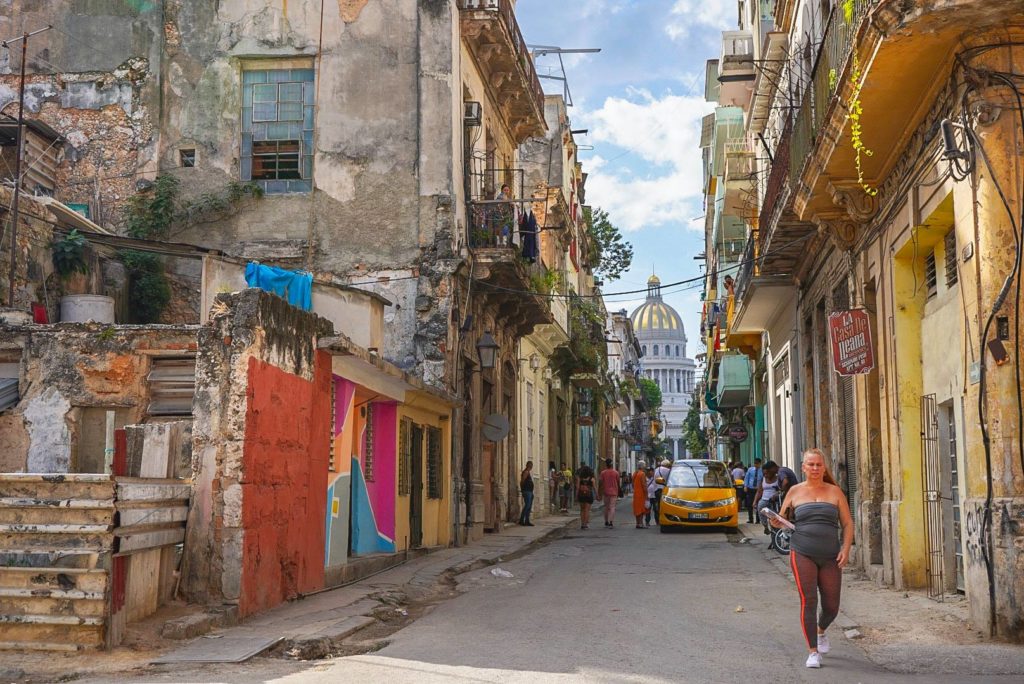

 Get your slice of culture from NJ
Get your slice of culture from NJ Hudson County born & raised
Hudson County born & raised The Locals + The Culture
The Locals + The Culture “Best Grassroots Journalism” @njspj + @njcivicinfo grantee
“Best Grassroots Journalism” @njspj + @njcivicinfo grantee



 We stopped by Excel
We stopped by Excel










 E
E









